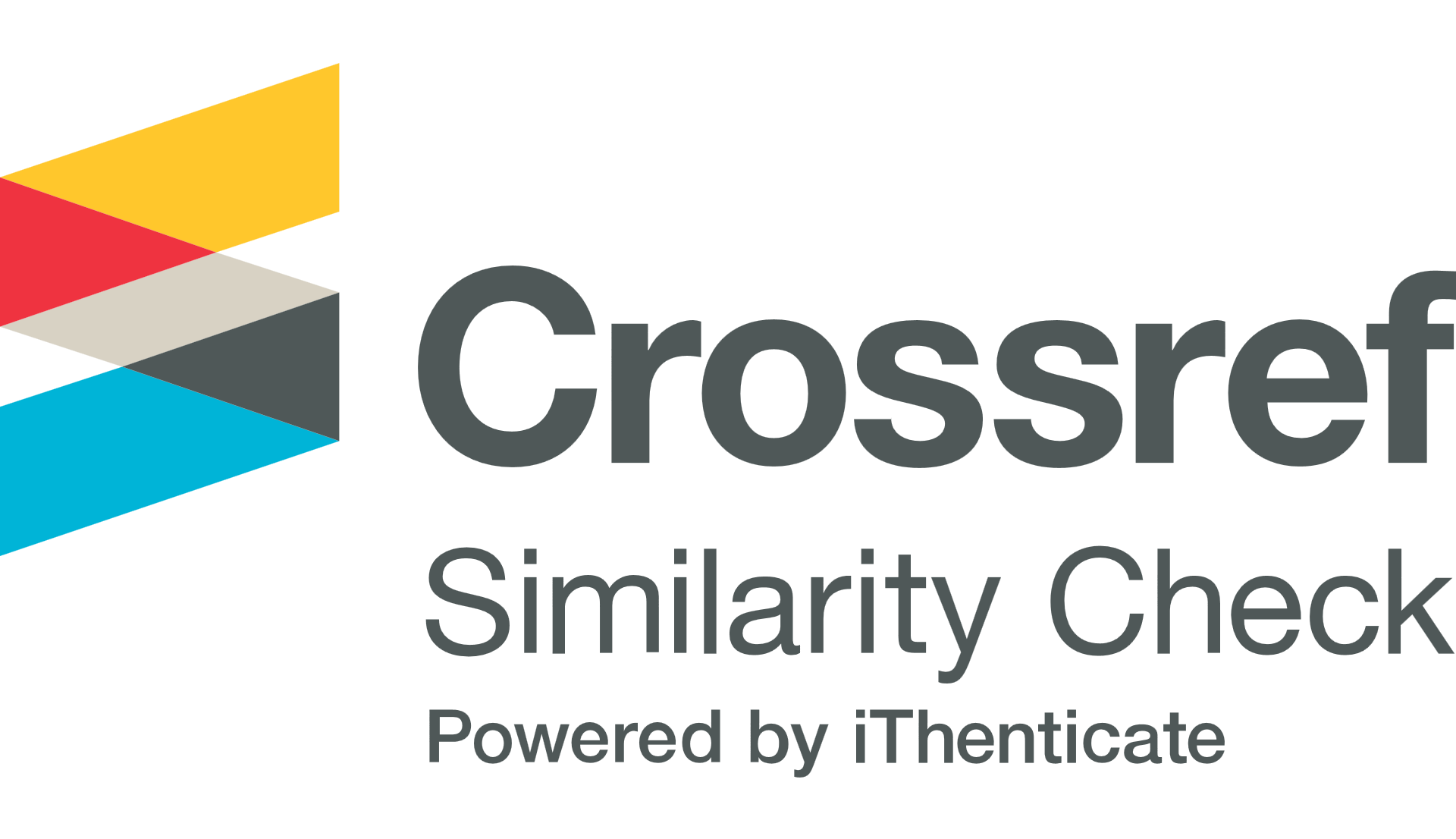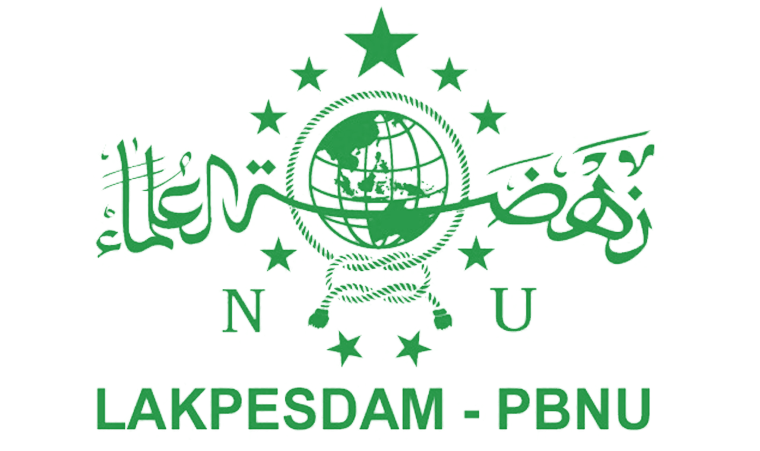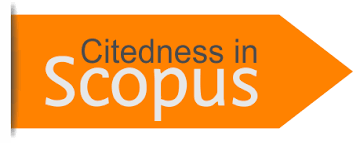MOLAPE SARONDE DAN MOTIDI DALAM BINGKAI ADAT DAN AGAMA DI GORONTALO
DOI:
https://doi.org/10.31969/alq.v22i1.264Abstract
Sejak Sultan Amai menganut Agama Islam sekaligus menjadikannya sebagai agama resmi kerajaan di Gorontalo, terjadi proses islamisasi adat dan tradisi pada masyarakat Gorontalo. Akhirnya, nilai-nilai lokal yang berkembang di Gorontalo bermuara dari nilai-nilai Islam. Dengan falsafah “Adati Hulo-Huloqa To Saraqa, Saraqa Hulo-Huloqa To Kuruqani†(Adat Bersendi Syara’, Syara’ Bersendi Alquran), nilai Islam selalu mewarnai seluruh upacara  adat tak terkecuali upacara adat pernikahan. Molape Saronde dan Motidi sebagai bagian dari upacara adat pernikahan pada tahap Mopotilantahu (mempertunangkan), tak lepas lepas dari nilai Islam. Tari Molape Saronde (ditarikan oleh pengantin laki-laki) dan Motidi (ditarikan oleh pengantin perempuan) diadakan pada malam hari acara pernikahan dirangkaikan dengan acara khatam Alquran bagi pengantin perempuan. Menjunjung tinggi adat serta berpegang tegang etika islami menjadi tema sentral dalam Tradisi Molape Saronde dan Motidi. Tradisi ini juga sekaligus menjadi nasihat bagi kedua calon mempelai sebagai bekal dalam menghadapi kehidupan rumah tangga yang penuh tantanganAdditional Files
Published
2016-07-20
Issue
Section
Articles
License
Authors who publish with this journal agree to the following terms:
- Authors retain copyright and grant the journal right of first publication with the work simultaneously licensed under Creative Commons Attribution-NonCommercial-ShareAlike 4.0 International License that allows others to share the work with an acknowledgement of the work's authorship and initial publication in this journal.
- Authors are able to enter into separate, additional contractual arrangements for the non-exclusive distribution of the journal's published version of the work (e.g., post it to an institutional repository or publish it in a book), with an acknowledgment of its initial publication in this journal.
- Authors are permitted and encouraged to post their work online (e.g., in institutional repositories or on their website) prior to and during the submission process, as it can lead to productive exchanges, as well as earlier and greater citation of published work (See The Effect of Open Access).















